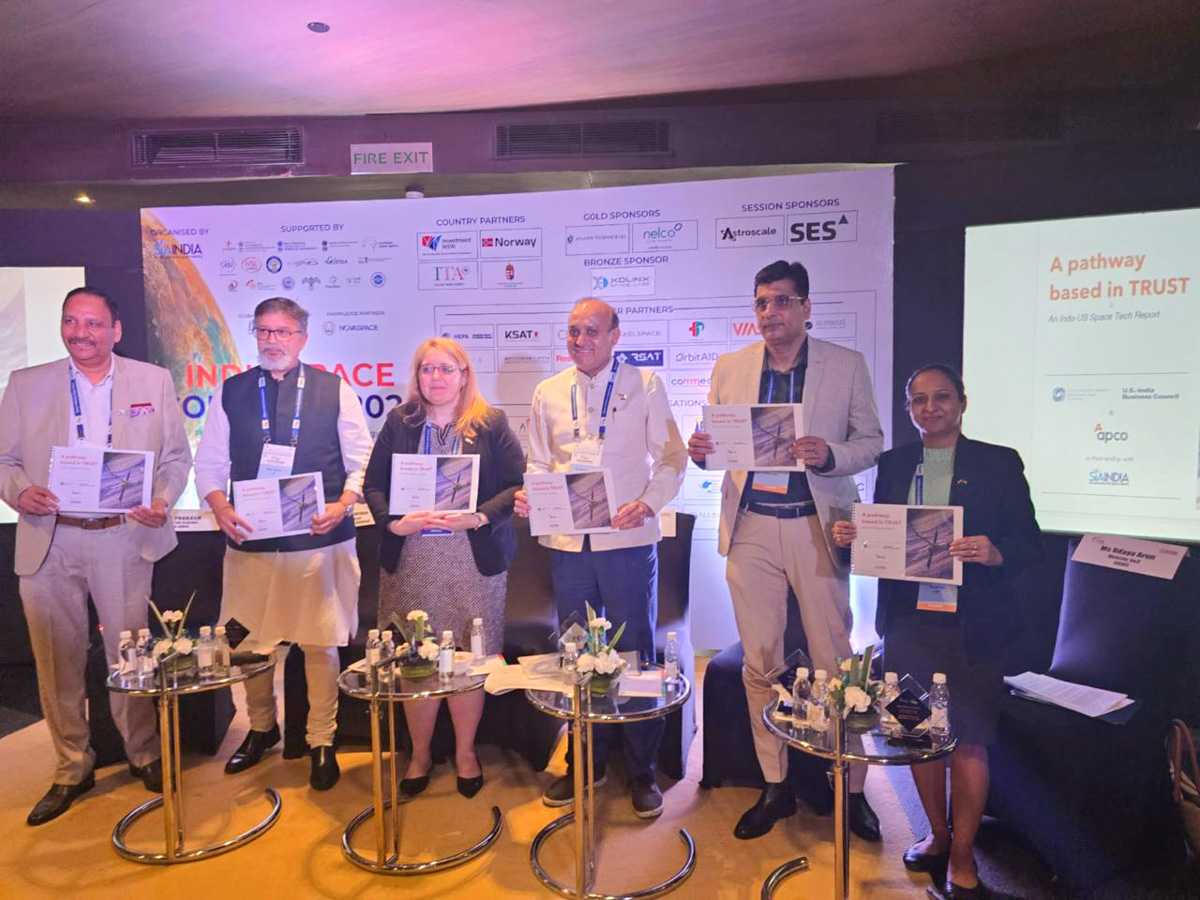

As evidenced by history, the relationship between innovation and economic growth is long-standing; the two feed off each other. Innovation enables growth and growth in return enables higher investment and demand for innovation, which makes it a strong case for any economy to encourage innovation.
Intellectual property rights (IPR) are the bedrock that enables innovation by creating incentives to invest in research and development. The World Intellectual Property Organization (WIPO) defines intellectual property as creations of the mind—such as inventions—literary and artistic works, designs, symbols, names and images used in commerce. IPR refers to the legal rights granted to the inventor or manufacturer to protect their invention or manufacture product. The most used form of IPR is patents to qualify for patent protection, an innovative invention must be of some practical use and must offer something new which is not part of the existing body of knowledge in the relevant technical field.
Patent owners have the exclusive right to commercially make, sell, distribute, import and use their patented inventions within the territory covered by the patent during the period of protection. Patents also play a key role to designed to incentivize innovation through downstream development. When a patent is granted, an invention is protected and disclosed giving an economic advantage to the inventor.
It is well accepted that innovative technologies stand a better chance of successfully reaching the marketplace if IP considerations (patents, designs and trademarks) are strategically addressed in each economy. Whereas the theft of trade secrets would negatively impact individual companies, the country and the global economy.
Countries such as India, an emerging economy that is scaling up the Global Innovation Index (ranking 40th among 132 countries in 2022 from 48th in 2020), need to balance the factors that impact innovation. While the country is moving to match the world leaders in innovation indicating the potential to transform the landscape, it needs to sustain momentum to be able to leverage subsequent economic benefits.
India joined the WIPO in 1975. However, it is only in the last couple of years that the Indian government has taken key steps to strengthen its IP regime. In 2016, the National Intellectual Property Rights Policy was rolled out, establishing a clear IP vision to streamline processes, increase awareness, promote commercialization and enhance enforcement.
More recently, in July 2021, the Parliamentary Standing Committee on Commerce released a Review of the Intellectual Property Rights Regime in India. A first substantial attempt at gauging the country’s IP policy in five years, the report emphasizes that the IPR regime should be in compliance with international agreements, rules and norms, and be compatible with those of other nations and foreign entities whereas certain recommendations raised concerns amongst international players.
However, despite several initiatives to strengthen the IP regime, developments in India have been slow in comparison to the government’s overall vision to encourage innovation.
Therefore, in addition to government attention to ensure robust IPR, other concerned stakeholders should also contribute to building a robust environment conducive to innovation. Industry can play pertinent in driving responsible business practices and showcasing global best practices to build understanding to bridge regulatory gaps.
At a larger scale, as business look at global supply chain resilience, reviewing the IPR thoroughness and international compliance is a key element in strategic decision-making. Global supply chains represent opportunities to strengthen governance and develop trusted networks to better protect IP. Many companies around the globe engage supply chains and business networks to drive improvements in other areas from health and safety to training and capacity building. Companies can leverage existing processes and systems to ensure respect for IP rights by harnessing the power of global supply chains and building upon practical experience and advancements in supply chain management.
Today, IP or related proprietary information is dispersed across firms’ extended enterprises as regional supply chains have evolved into globally spread yet more integrated and connected. The pace of globalization with the increase in digitization and the Internet of Things (IoT), has opened new frontiers of vulnerabilities that need to be adequately addressed. It is even more imperative to make timely progress on shared global challenges such as disease prevention and economic growth to ensure economies around the world can maximize global innovation. Acknowledging and addressing the role and importance of IP is the key to encouraging innovation and invention.


